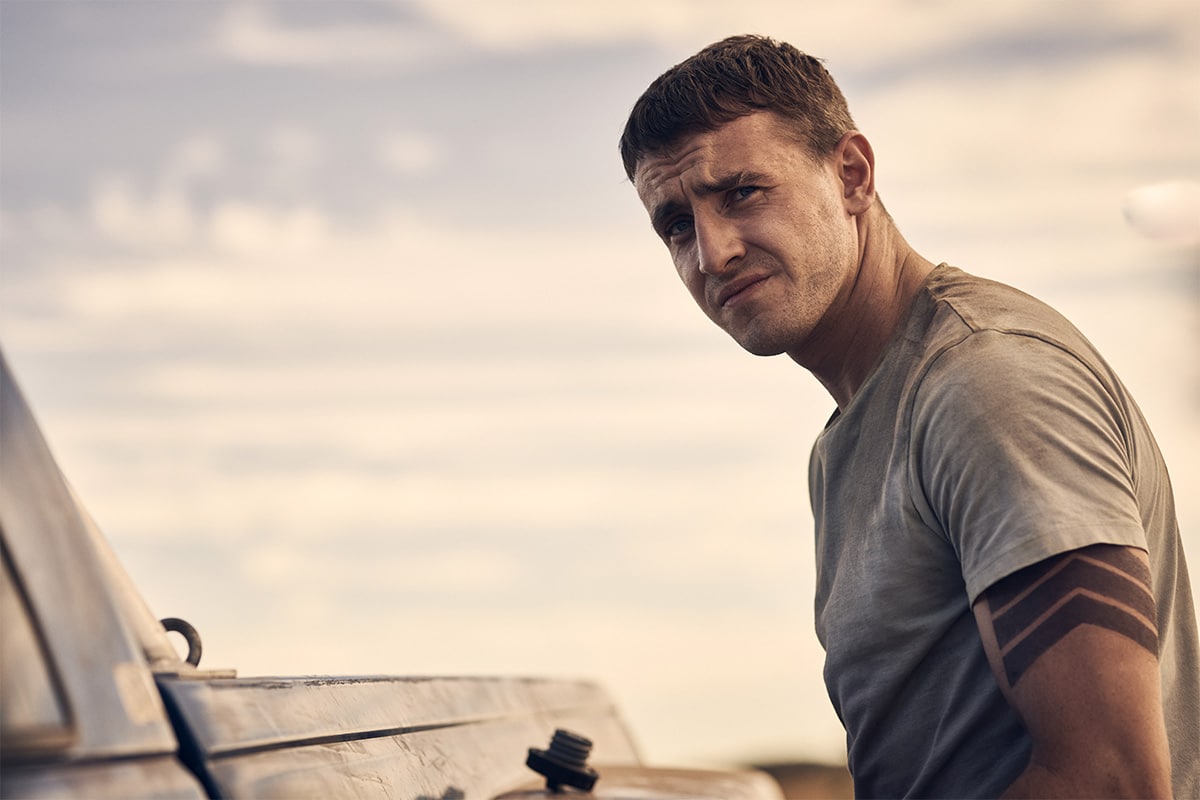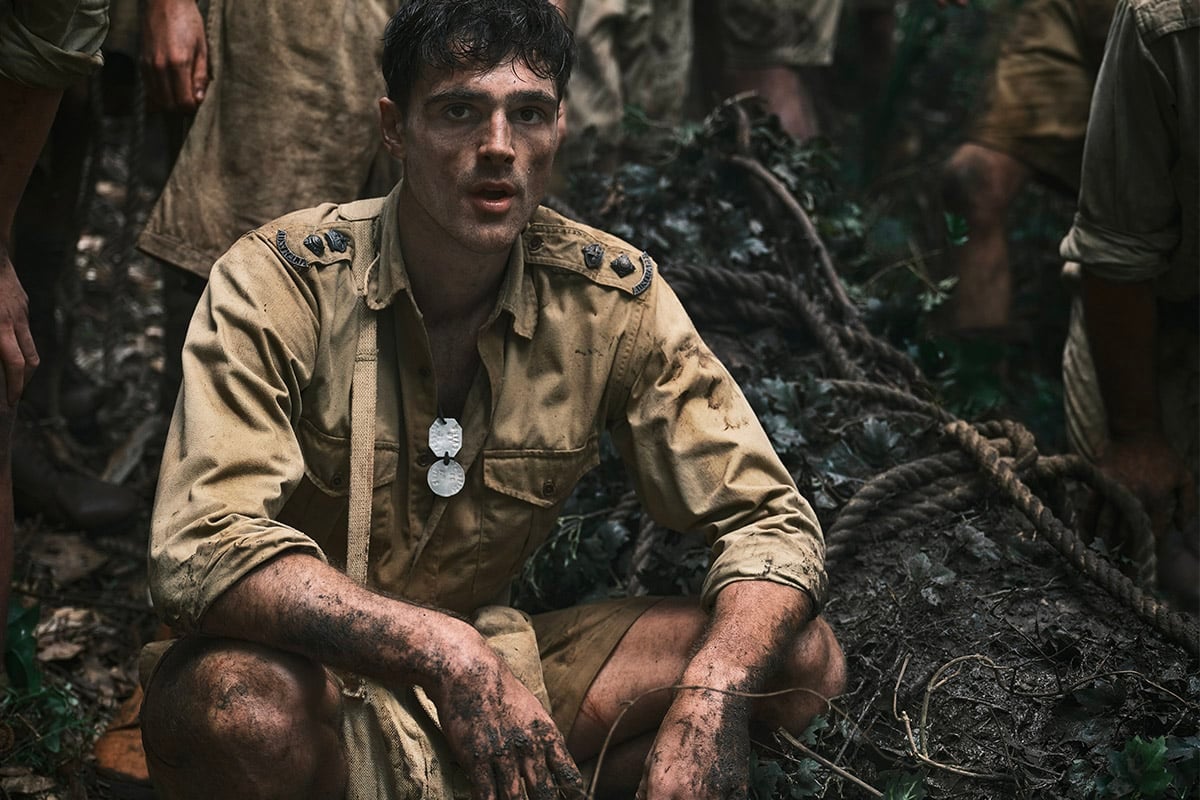
Cinephiles and mildly interested movie people, it's that time of year when Australian theatres are flooded with the hottest film releases. By now you should know how it works – especially since Sydney Film Festival is celebrating its 70th anniversary – but in case you don't, below we're breaking down the films to have on your watch list, along with the venues, dates and further details around Sydney Film Festival 2023. Grab your popcorn, lock in tickets and bring a date – or don't, that's your business.
When is Sydney Film Festival?
Spanning 11 days, the festival will take place from June 7-18 across various outposts in Sydney. More on that below.
Where is Sydney Film Festival happening?
As has been the standard for many years, the festival will be spread through a variety of venues in the CBD and Greater Sydney. Theatres includes in the festival this year are as follows: The State Theatre, Event Cinemas George Street, Dendy Newtown, Palace Central, Palace Norton Street, Hayden Orpheum Picture Palace Cremorne, Ritz Cinemas Randwick, Casula Powerhouse Arts Centre, Australian Museum and Art Gallery of NSW.
Sydney Town Hall will be known as The Hub during the duration of the festival and will host a handful of filmmaker talks, parties and panels. Between 4:30pm-6pm on weekdays, it will serve a happy hour with drinks from Brix Rum Distillery, Château Tanunda and Mountain Goat Beer.
How can I get tickets?
Simply head to the Sydney Film Festival website for all information and links to tickets, with a range of different mutli-passes available.
Are there any notable events?
Opening Night for Sydney Film Festival will be a worthwhile experience, with the Australian premiere of Warwick Thornton's film The New Boy, starring Cate Blanchett, Deborah Mailman, Wayne Blair and newcomer Aswan Reid.
There are also plans for a Jane Campion retrospective to take place during the festival, with all nine of her films set to be screened. On top of this, you can see the Australian director in conversation with film critic David Stratton at The Hub on March 10 for $15.
What about film screenings?
Given that the festival plans to present over 230 films, there's bound to be something that piques your interest. For some that will be highly anticipated Hollywood titles like Wes Anderson’s Asteroid City, Sydney Sweeney's performance as US presidential election whistleblower Reality Winner, Celine Song's bittersweet romance Past Lives, or the Paul Mescal-led production of Carmen.
As far as Australian cinema is concerned, it should come as no surprise that there's plenty to pick from. Bruce Pascoe's book Dark Emu has been reimagined into The Dark Emu Story, which will experience its world premiere at the festival. Sarah Snook is as an outback fertility doctor in Daina Reid’s psychological thriller Run Rabbit Run, meanwhile Jane Campion's daughter Alice Englert makes her directorial debut with Bad Behaviour, featuring Jennifer Connelly, Ben Whishaw, Dasha Nekrasova and Englert herself.
Elsewhere you can watch The Defenders, a documentary that follows former Socceroos Captain Craig Foster as he fights to rescue the life of fellow player Hakeem al-Araib; or Mystery Road actor Mark Coles Smith as he returns home to the Kimberley to interrogate the area's alarming suicide rates in Keeping Hope. In The Last Daughter, Wiradjuri woman Brenda Matthews' interrogates her government-ordered abduction as a child and Sunflower will see Elias Anton star is another tender queer coming of age tale set in the outer Melbourne suburbs.
Other noteworthy films in the program include Scrapper, a British project about 12-year-old Georgie who lives alone in her London flat until her estranged father returns, played by Triangle of Sadness' Harris Dickinson. The life of Joan Baez is spotlighted in documentary Joan Baez I am Noise. I Like Movies is a heartwarming Canadian comedy drama about the power of film, Riceboy Sleeps is another Canadian drama that narrows its attention on a Korean single mother raising her teenage son in the suburbs during the 90s. 20,000 Species of Bees follows an eight-year-old girl exploring her gender identity among a Basque beekeeping matriarchy. And finally, Blue Jean is a promising movie that tells the story of queerness under the repressed Thatcher regime.



